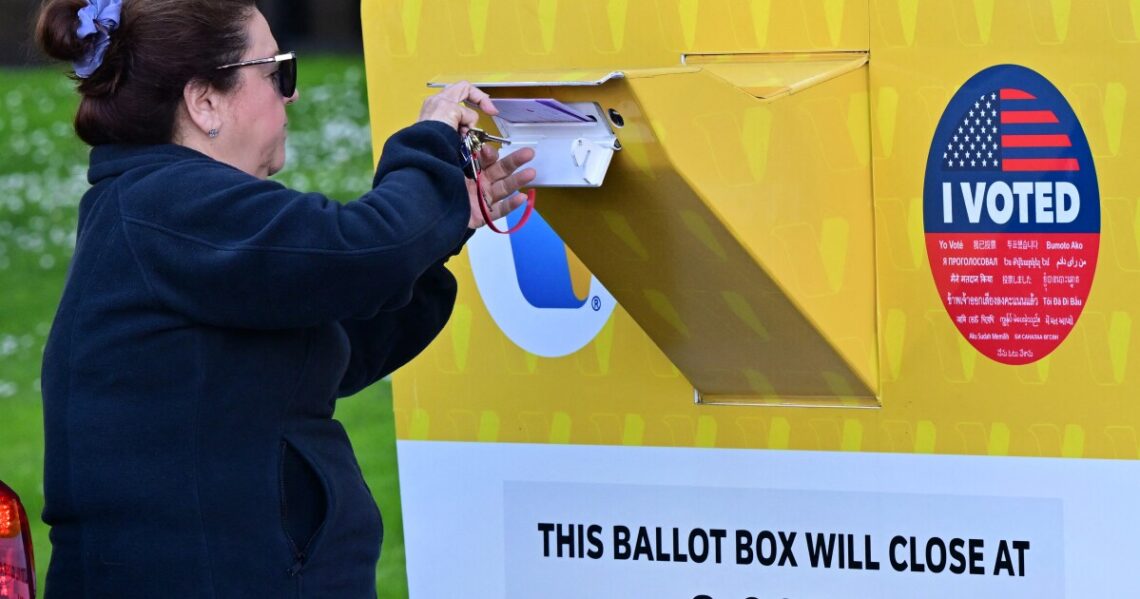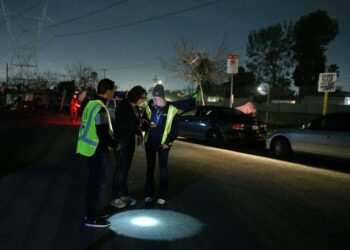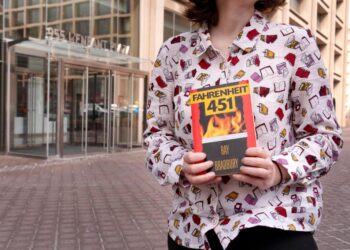Probably the most-read information about candidates up for election this November are the words directly under their names on the ballot. It’s called a “ballot designation,” like a mini biography. These bios are especially important in races where there’s not a lot of information about candidates, said retired election lawyer Fredric Woocher.
And they’re often squabbled over in court. “People give a lot of thought into what to use,” Woocher said of candidates’ ballot designations. “And it is often subject to potential abuse.”
Some candidates, Woocher said, “will try and come up with a phrase that they believe will be most appealing to the voters and secure the most votes regardless of whether it’s the most accurate description of what they do.”
The rules
Ballot designations are supposed to tell voters what the candidate does with the majority of their time and/or how they make a living. Candidates have to do it in three words, although “words,” in this particular area of state election law, has a bit of a different meaning — all geographies are considered one word. (For example, “City of Hermosa Beach” is considered one word.)
California has lengthy rules about what candidates can and can’t say about themselves in those three words. Here are a few of them:
- “Retired” might be OK, but only if the candidate has permanently given up their job or vocation and hasn’t taken up another one.
- Candidates can’t use words like “veteran,” “scholar,” “philanthropist,” or “concerned citizen” to describe themselves because these words are considered a “status” under state election law, not a job.
- Adjectives like “specialist,” “leading,” and “expert” are…
Read the full article here







